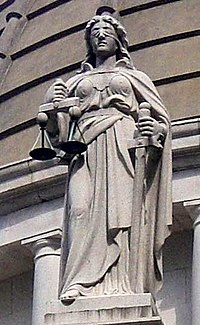 |
| Have you seen this man? Call 113 |
After breakfast, Mr. Clapper secretly met with Korean security officials including NIS chief Won Sei-hoon, Foreign Minister Kim Sung-hwan and Defense Minister Kim Kwan-jin at a secret NIS facility beneath the Seoul International Financial Center.
Later, Mr. Clapper went to the U.S. Embassy, where it is not known what he did, before being driven to The Blue House in an unmarked diplomatic vehicle to secretly meet with President Lee Myung-bak, 69, who opened discussions with an inquiry as to what the National Intelligence Director had eaten for breakfast, although this was merely a pleasantry as the waiter at his hotel is an NIS operative. Mr. Clapper then complimented the President on his hair, before sitting down to discuss North Korea's altering security and economic ties with Beijing, and the U.S. position on resuming humanitarian and economic aid to the reclusive country.
Mr. Clapper repeated the official U.S. position that North Korea must renounce its nuclear program before food aid can be sent, but said that secretly 500 tons of emergency humanitarian food aid was being offered via back-channels in Beijing if Pyongyang would agree to resume six-party talks.
As traditional Korean tea was served, Mr. Clapper then moved on to discussing ways of strengthening communication with the NIS, which has been embroiled in various scandals in recent months. He asked the NIS to stop breaking into the hotel rooms foreign diplomats were staying in, as this damages international relations, making the control of foreign policy in Washington more difficult. He also suggested that in order to share sensitive intelligence with South Korea, Washington needed more assurance that the NIS would build a database to store its intelligence reports, rather than filing them with the Korean media. The President assured Mr. Clapper that the Korean government takes security matters very seriously and measures had been put in place to stop top secret information appearing daily in Seoul newspapers.
The meeting ended after 28 minutes and Mr. Clapper returned to his embassy, where it is not known what he did or said.
The Blue House refused to confirm Mr. Clapper's visit to Korea for security reasons.
Related Links
US intelligence director secretly visiting Korea
U.S. National Intelligence director makes top-secret visit to S.Korea
'S.Korean Agents Broke into Room of Indonesian Envoys'
NIS Incompetence Hurts the National Interest
Did Lotte Hotel staff know it all?
Seoul International Financial Center
NIS accused of 'watering down' bad press
Disclaimer: Please note the links above are generated automatically by our software and may not always be directly related to the news article.







